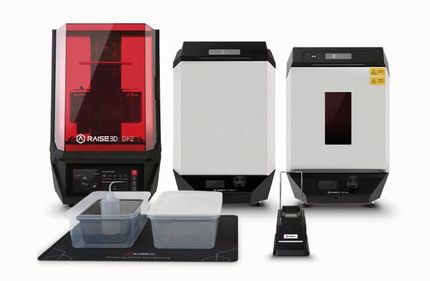To use all functions of this page, please activate cookies in your browser.
my.chemeurope.com
With an accout for my.chemeurope.com you can always see everything at a glance – and you can configure your own website and individual newsletter.
- My watch list
- My saved searches
- My saved topics
- My newsletter
Yield (chemistry)In chemistry, yield, also referred to as chemical yield and reaction yield, is the amount of product obtained in a chemical reaction.[1] The absolute yield can be given as the weight in grams or in moles (molar yield). The fractional yield or relative yield, which serve to measure the effectiveness of a synthetic procedure, is calculated by dividing the amount of the obtained product in moles by the theoretical yield in moles:  Product highlightTo obtain a percentage yield, multiply the fractional yield by 100% (e.g., 0.673 = 67.3%). One or more reactants in a chemical reaction are often used in excess. The theoretical yield is therefore calculated based on the molar amount of the limiting reactant, taking into account the stoichiometry of the reaction. For the calculation it is usually assumed that there is only one reaction involved. The ideal or theoretical yield of a chemical reaction would be 100%, a value that is impossible to achieve in a practical setting. According to Vogel's Textbook of Practical Organic Chemistry, yields around 100% are called quantitative, yields above about 90% are called excellent, yields above about 80% very good, yields above about 70% are called good, yields below about 50% are called fair, yields below about 40% are called poor.[1] Yields may appear to be above 100% when products are impure. Purification steps always lower the yield and the reported yields usually refer to the yield of the final purified product. References |
| This article is licensed under the GNU Free Documentation License. It uses material from the Wikipedia article "Yield_(chemistry)". A list of authors is available in Wikipedia. |







